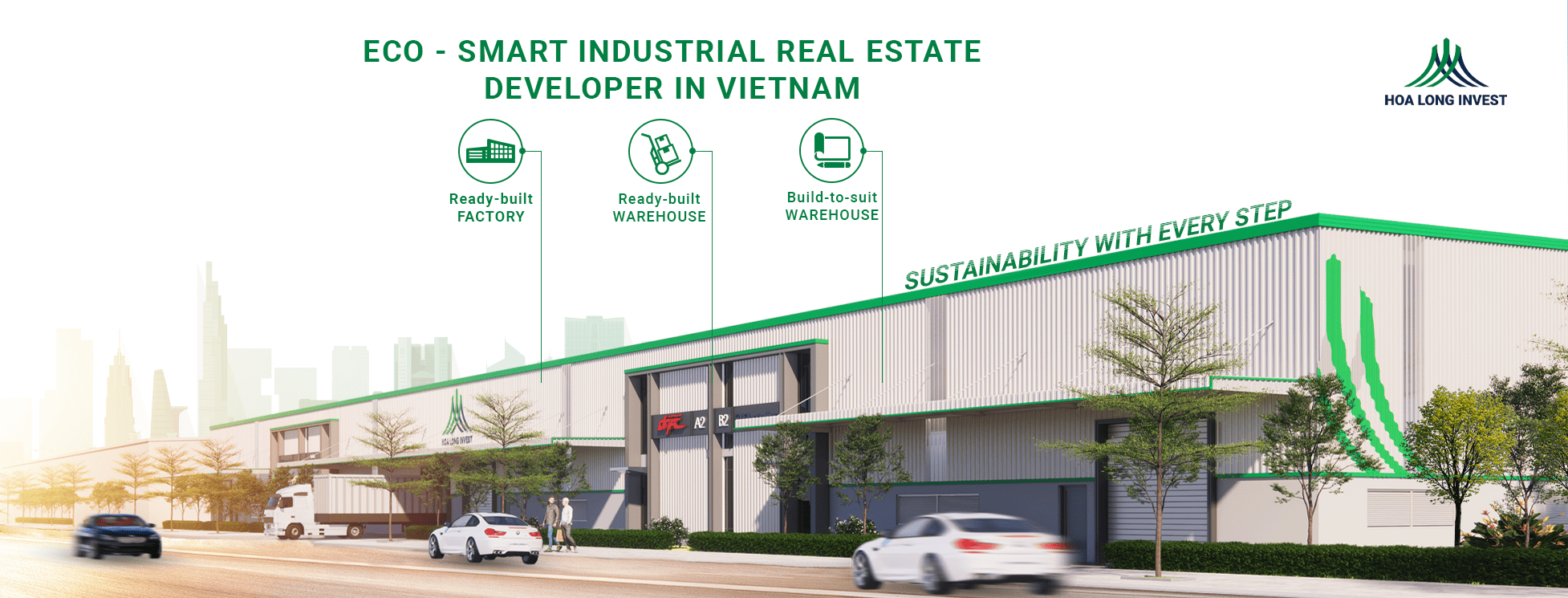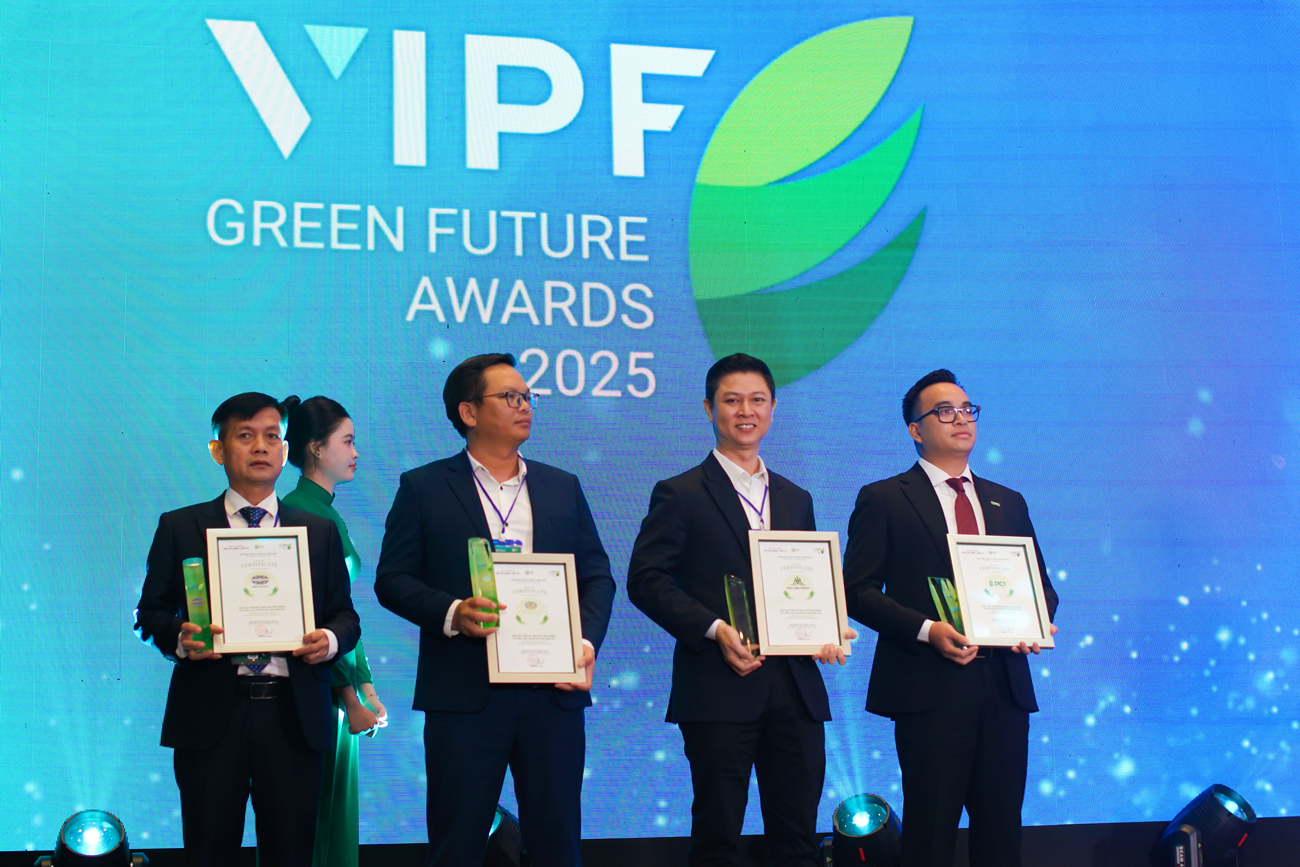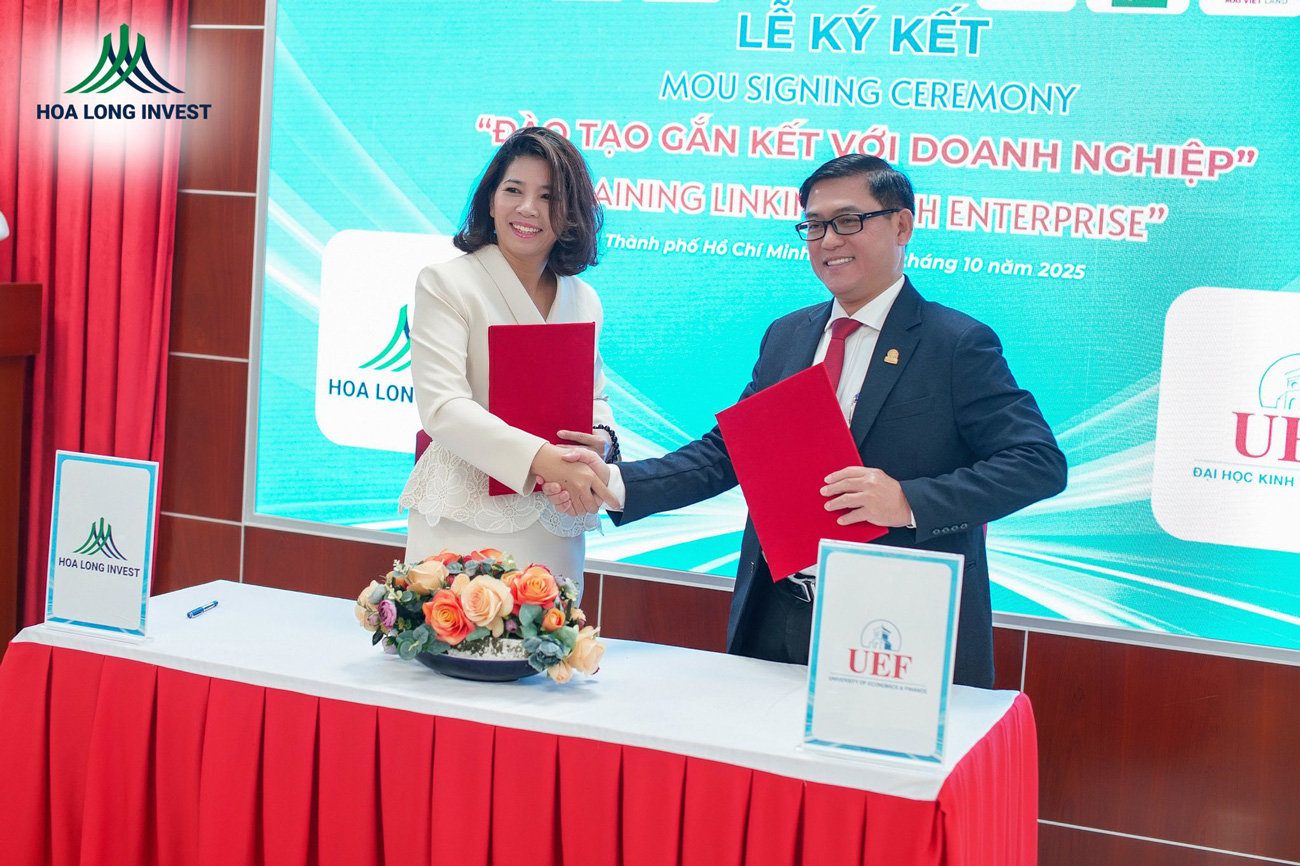Sustainable Development
ESG: Driving Sustainable Development in Industrial Real Estate
22/08/2025

ESG as a Strategic Competitive Edge for Accessing Green Capital
The integration of Environmental, Social, and Governance (ESG) criteria is becoming a cornerstone for industrial real estate businesses to secure green capital, promote sustainable development, and maintain a competitive edge in the rapidly evolving global financial market.
In October 2024, the State Securities Commission of Vietnam (SSC) collaborated with the British Embassy, The Asia Foundation (TAF), and experts from Ernst & Young Vietnam (EY) to launch the ESG Handbook. This initiative was followed by a series of workshops held in Hanoi and Ho Chi Minh City, focusing on key economic sectors, with a particular emphasis on industrial real estate—a sector leading the charge toward sustainable models such as eco-industrial parks and environmentally friendly logistics facilities.
Speaking at the workshop, Mr. Vu Chi Dung, Head of the Legal and External Affairs Department at SSC, emphasized that ESG disclosure is no longer optional but a global standard. He noted that the ESG Handbook aligns with Vietnam’s legal framework while incorporating international standards such as TCFD, GRI, and IFRS S1/S2. These guidelines empower businesses to enhance risk management, comply with regulations like the Carbon Border Adjustment Mechanism (CBAM), and attract investment from global financial institutions.
ESG: The Key to Unlocking Green Investment
In the industrial real estate sector, ESG is not just a social responsibility but a strategic tool for securing long-term capital. Eco-industrial parks, energy-efficient factories, and sustainable logistics systems are becoming magnets for global investors. Transparent ESG reporting builds trust, expands access to international funding, and ensures compliance with stringent global market requirements, such as reducing greenhouse gas emissions and promoting circular economy principles in industrial supply chains.
The ESG Handbook is designed to help businesses build internal sustainability capabilities, aligning with Vietnam’s net-zero emissions target by 2050. By adopting ESG practices, industrial real estate companies can strengthen their competitive position and attract foreign direct investment into sustainable projects.

Tailored ESG Guidelines for Industrial Real Estate
The ESG Handbook provides industry-specific frameworks, with a dedicated focus on industrial real estate. Key areas include:
- Carbon Emission Reduction: Implementing green technologies in the construction and operation of industrial parks, such as renewable energy adoption and energy efficiency optimization.
- Circular Economy Practices: Promoting resource reuse, efficient waste management, and sustainable supply chains to minimize environmental impact.
- Green Building Standards: Achieving certifications like LEED, EDGE, or LOTUS to ensure factories and warehouses meet energy-saving and eco-friendly benchmarks.
- Climate Risk Management: Applying the TCFD framework to assess and mitigate climate-related risks in industrial real estate projects.
The handbook also includes practical examples of ESG KPIs, such as linking executive compensation to sustainability goals and training leadership in crisis management. These initiatives not only enhance corporate reputation but also position businesses as leaders in attracting sustainable investment.
Synergies with Other Industries
Industrial real estate is closely interconnected with the manufacturing and financial sectors. The ESG Handbook also offers guidance for:
- Manufacturing: Addressing environmental and social risks in supply chains, adopting green technologies, and promoting zero-emission production models to complement sustainable industrial parks.
- Finance: Guiding financial institutions to integrate ESG into business strategies, produce TCFD-compliant reports, and prioritize funding for green industrial real estate projects.
A Sustainable Future for Industrial Real Estate
Embracing ESG principles enables industrial real estate businesses to meet global standards while laying the foundation for long-term sustainable growth. From developing eco-industrial parks to implementing smart logistics solutions, ESG is reshaping the industry, delivering economic, social, and environmental value.
With the support of the ESG Handbook and international partnerships, Vietnamese businesses have a unique opportunity to lead the green transition, fostering a modern, sustainable, and globally competitive industrial real estate sector.
HLI ECOHUB NAM HA READY-BUILT FACTORY
- Location: Dong Ha Commune, Duc Linh District, Binh Thuan Province
- Hotline: 0964 582 346
- Email: contact@hoalonginvest.com
- Address: 19 Tran Quy Kien, Binh Trung Tay Ward, Thu Duc City, HCMC




